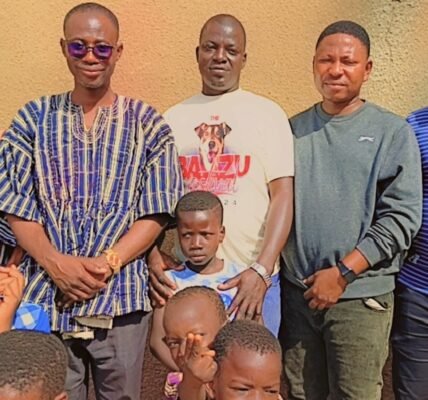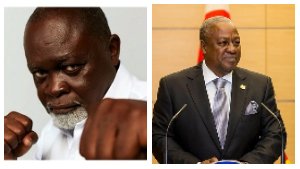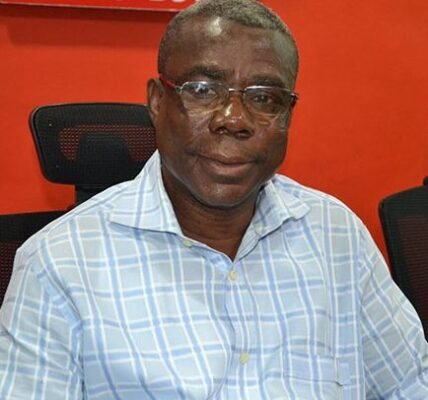The appointment of a five-member team led by the Member of Parliament for North Tongu, Samuel Okudzeto Ablakwa, to put measures in place for the implementation of President-Elect John Dramani Mahama’s anti-corruption policy, Operation-Recover-All-Loot (ORAL), which is aimed at recovering all public funds stolen by public officials, made news headlines on Wednesday, December 18, 2024.
The team, which has former Auditor-General, Daniel Yao Domelevo; retired Commissioner of Police (COP) Nathaniel Kofi Boakye; renowned private legal practitioner, Martin Kpebu; and investigative journalist, Raymond Archer; as members, has excited a faction of the public who say they cannot wait for the implementation of ORAL.
The formation of the team also drew criticisms from a faction of the public, with some of them accusing the incoming government of lining up ‘hawks’ to witch-hunt officials of the outgoing Nana Addo Dankwa Akufo-Addo government.
Well, ORAL is just one of John Mahama’s anti-corruption policies. Like ORAL, most of the other anti-corruption policies are bound to divide public opinions.
The policies, which are listed in section 6.1.1 of the NDC’s Resetting Ghana Manifesto, include the barring of public officials from purchasing state assets and the establishment of a State Assets Registry to effectively protect state assets.
In addition, the president-elect is expected to set up an inquiry to look into ‘looted state lands’.
Below are all the anti-corruption policies John Dramani Mahama is expected to implement:
1. Launch “Operation-Recover-All-Loot” to investigate, prosecute, and recover proceeds of corruption;
2. Initiate legislation to prohibit political appointees, politically-exposed persons, and all serving public officials from purchasing state assets;
3. Establish a State Assets Registry to effectively protect state assets, usher in an era of transparency and accountability in the management of state assets, and address the detrimental phenomenon of state capture;
4. Set up an inquiry into the matter of looted state lands and the implementation of the Accra Redevelopment Policy and make recommendations as appropriate;
5. Conduct a forensic audit and an inquiry into the National Cathedral scandal and make recommendations on the future of the project;
6. Launch inquiries into the numerous scandals that have rocked the nation under the corrupt NPP government;
7. Implement the recommendations of the Justice Yaw Appau Commission of Inquiry into Judgement Debts as approved in the Government White Paper;
8. Enact conflict-of-interest legislation for all government and public officials;
9. Set up an Independent Value for Money office to scrutinise government procurements above $5 million or as Parliament may decide;
10. Review the Public Procurement Act, 2003 (Act 663) (as amended) to ensure value for money and transparency in the public procurement process and pursue procurement reforms to prevent conflict of interest and insider dealing by politically-exposed persons in the award of contracts;
11. Implement measures to curtail abuse of single-sourced and restricted tendering procurement;
12. Collaborate with the Judiciary to establish a special court for persons against whom adverse findings have been made by the Auditor-General and Parliament;
13. Support the Auditor-General to enforce the surcharge powers of his/her office to retrieve embezzled funds with interest;
14. Increase financial, logistical, and technical support for EOCO, NACOC, the Financial Intelligence Centre, and other anti-corruption institutions;
15. Review and enforce the Assets Declaration regime in Chapter 24 of the Constitution and the Public Office Holders (Declaration of Assets and Disqualification) Act 1998, (Act 550) to promote transparency and check corruption.




